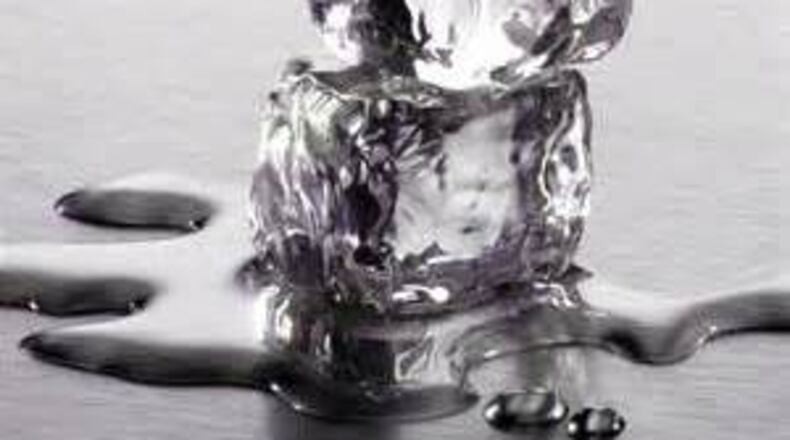Drinking water is truly an important part of health and weight loss. Three Atlanta dietitians debunked some of the water-drinking fictions they encounter in practice in Atlanta. Drink in their advice to maximize hydration and improve your energy and health.
Myth #1: You can determine hydration by how many glasses of water you drink in a day
Fact: Urine color is a more reliable measure.
Jenny Askew, a registered dietitian at Balance Fitness and Nutrition in Alpharetta uses food to help patients manage a variety of medical conditions, including those with celiac disease, high cholesterol and diabetes.
She often encounters people who think that how many cups of water you drink per day is the be all and end all determiner for staying hydrated. "The number of cups you drink isn't the deciding factor when it comes to hydration status," she said. "If you are well hydrated, the most reliable indicator is your urine, which should be clear and odorless." A dark yellow urine with a concentrated smell is the best indication that you aren't drinking enough water, according to Askew. "Of course, other factors can affect the color of your urine, too, such as medications, vitamins and certain foods. Keep them in mind as well."
Myth #2: It's easy to overhydrate
Fact: It's uncommon to drink too much water.
Nicole G. Morgan, a registered dietitian and nutritionist who practices in Atlanta says most of her patients are aware and educated about drinking enough water to promote optimal health. "But some worry they may drink too much water," she said. "This is hard to do, much harder than people think. You would have to consume your full water requirement for the day in a short time frame for it to become dangerous."
To avoid any danger of overhydration, Morgan says to spread out increased water intake throughout the day. "That approach to hydration is generally regarded as safe and healthy," she said.
Myth #3: Everyone needs the same amount of water each day
Fact: Water needs vary by age, weight, locale and numerous other factors.
Atlanta-based nutritionist and dietitian Margaret Schwenke marvels at the wide acceptance of the idea that every person needs 72 ounces of water each day. "Where in the heck did that come from?" she asked.
"Every time we breath, sweat or urinate we lose water and it's obvious we have to replace it, but the amount of water that is necessary for each of us is different," she said. "This difference depends on a variety of factors, like your body mass, the climate where you live, how physically active you are and the current state of your health and wellness.
While it's hard to calculate the exact right amount of water for each individual, it's easy to feel if you're not getting enough. "You have to be the judge!" Schwenke said. "Mild dehydration can cause you to feel thirsty, can make your joints and muscles hurt and can lead to constipation and headaches.."
About the Author
Keep Reading
The Latest
Featured


